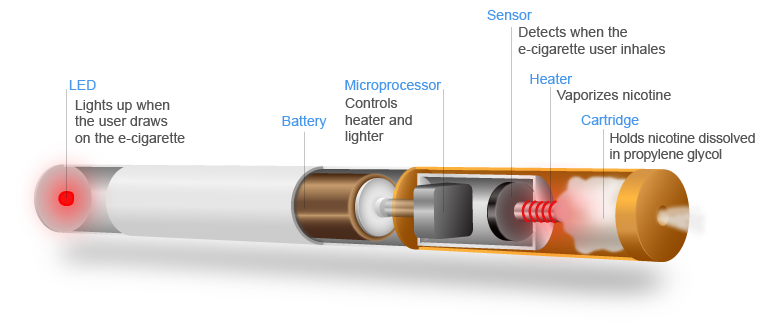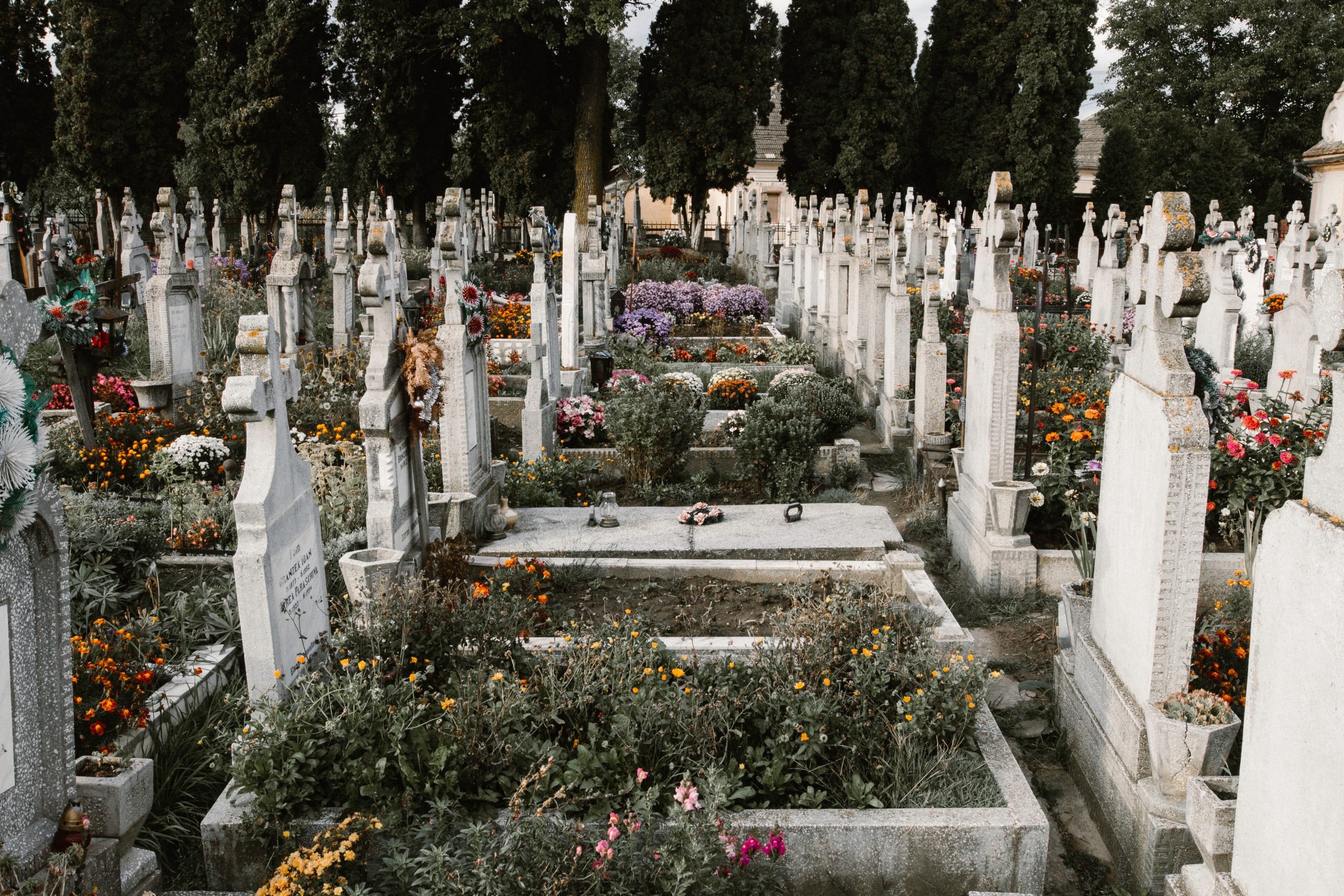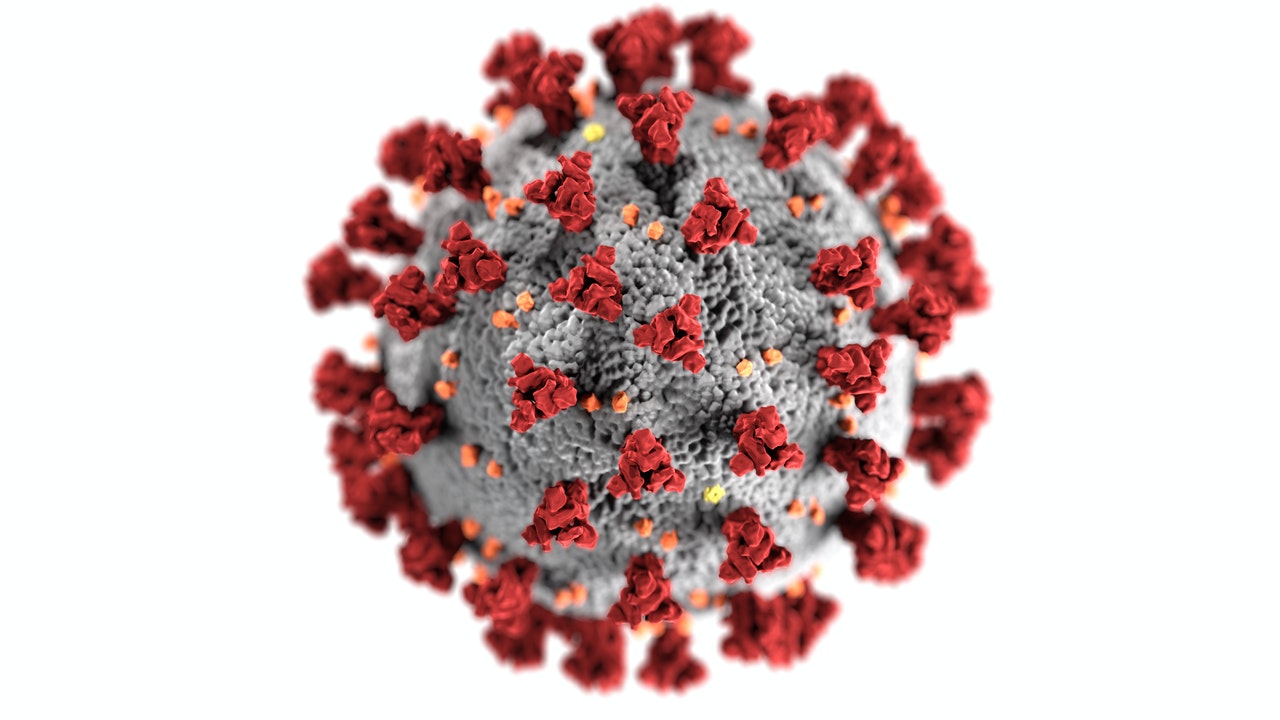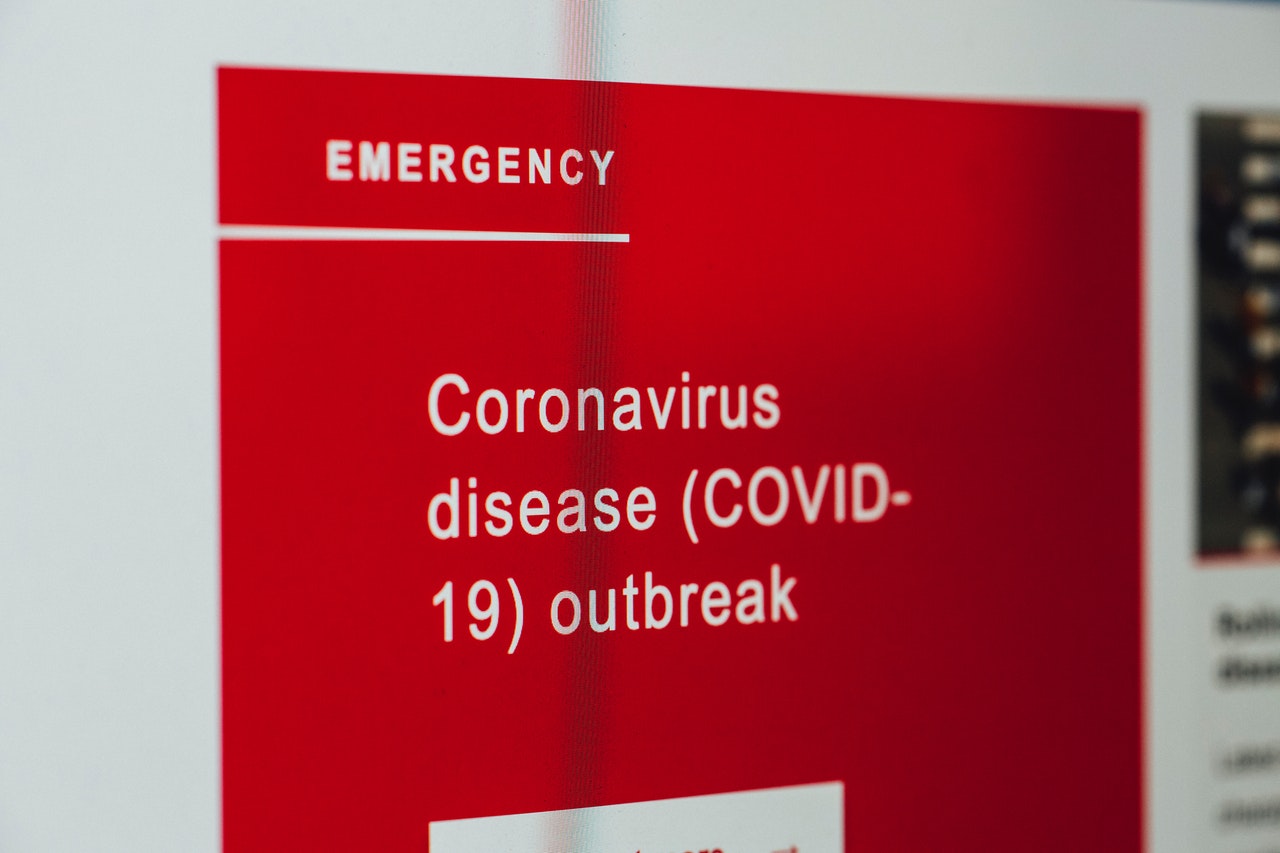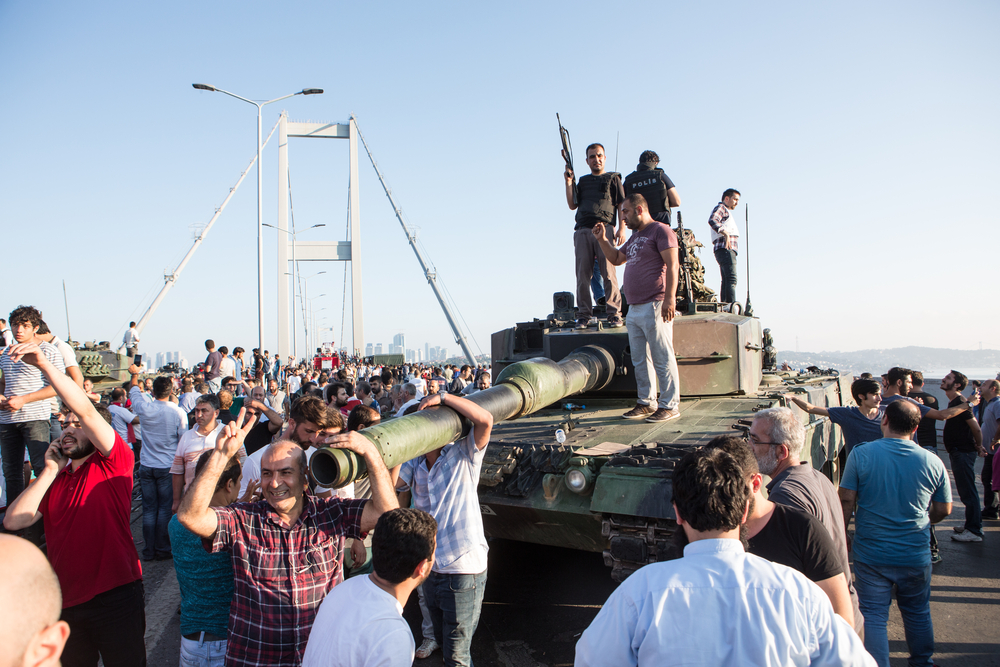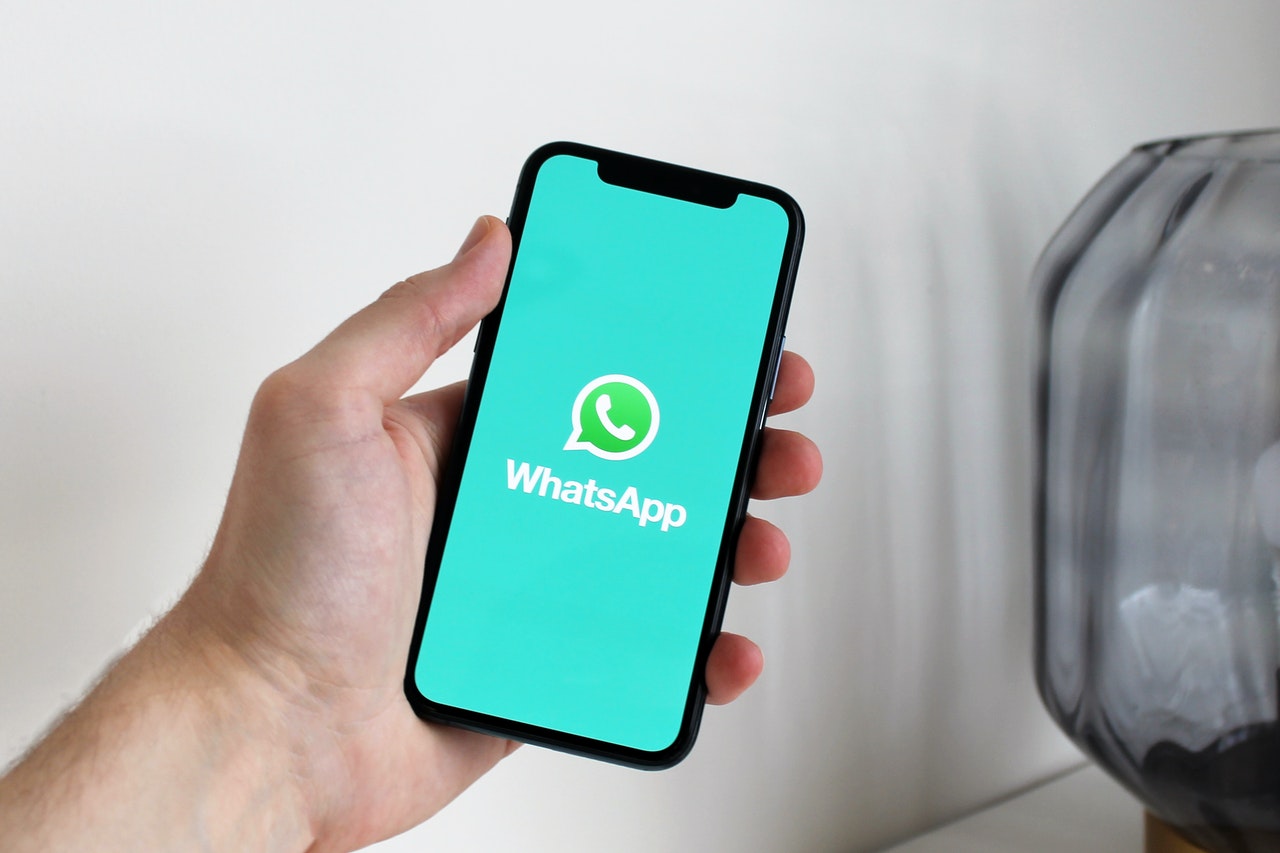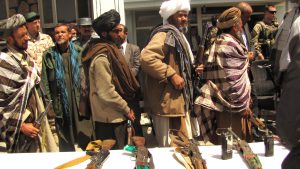Reading Time: < 1 minutes
- A Global Health Emergency is also known as Public Health Emergency of International Concern (PHEIC).
- It is declared when a health risk meets two criteria: it affects people in more than one country and it needs international action.
- Declaring PHEIC is not an easy decision for WHO.
- Too early and it can affect trade and tourism of the source country; too late and the health risk can spread beyond control.
- Once PHEIC is declared, each of the 194 WHO member countries is legally bound to report all PHEIC related events within 24 hours.
- E.g. the countries must daily report certain/probable infection cases, death cases and responses-taken.
- The declaration also gives authority to WHO to make ‘recommendations’ on travel, airport screenings and isolating patients to control the risk.
- But WHO doesn’t have any enforcement authority; this means that WHO can’t take any action against countries which refuse to follow WHO’s recommendations.
- So, the PHEIC declaration is more about requesting international cooperation and relies on peer pressure and public knowledge.
- However, there are a few powers WHO can exercise in cases of PHEIC declaration.
- E.g. it can source data about death cases etc. from non-governmental, private sources.
- And it can share this data with other parties without consent from non-complying government.
- A PHEIC can be caused by a chemical agent or a radio nuclear material as well.
Image courtesy of Cottonbro through Pexels
Reference shelf :


